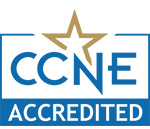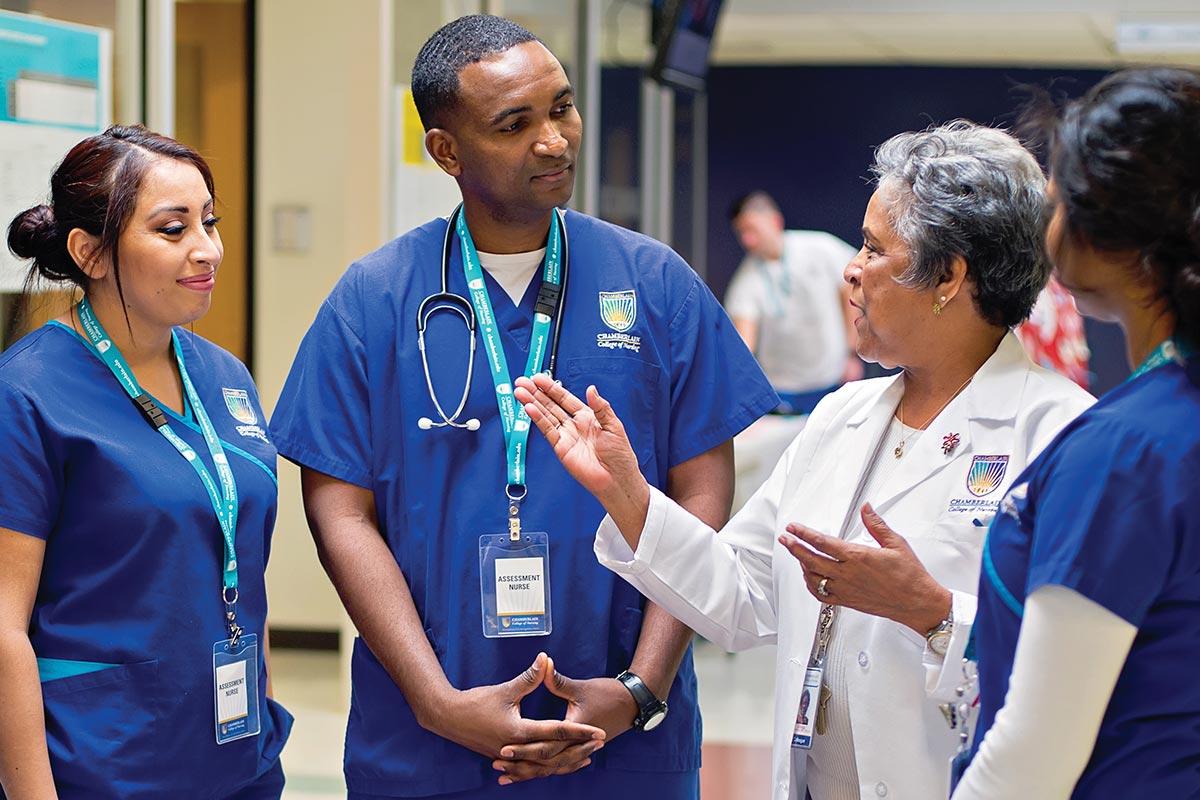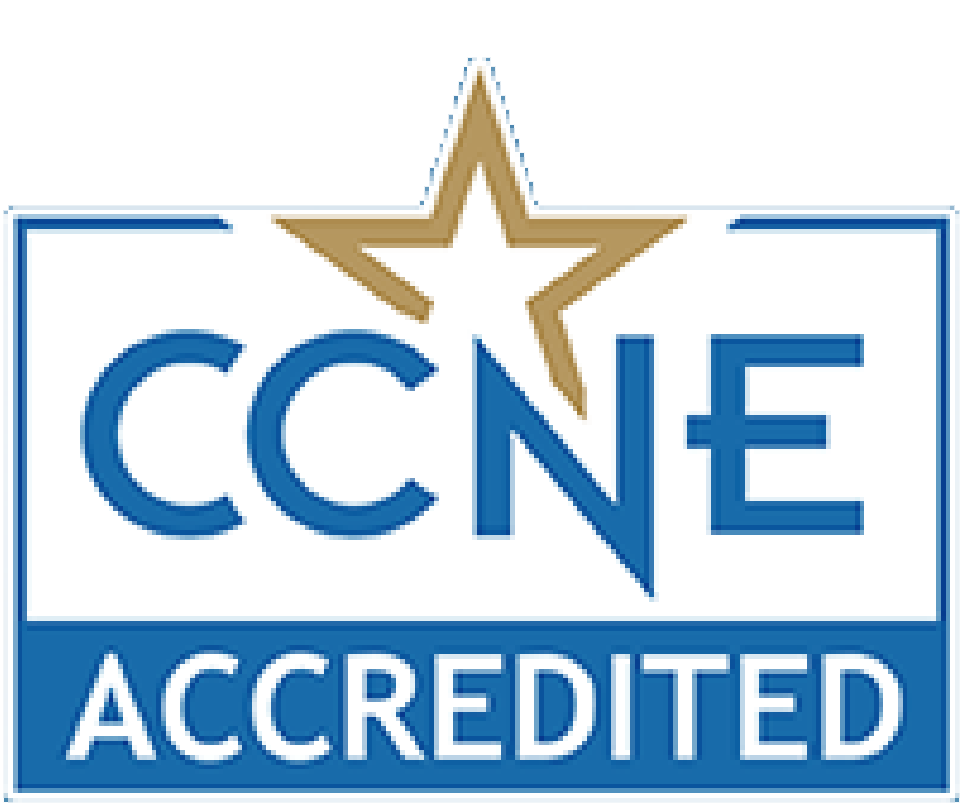Advance your RN degree by earning your BSN, MSN or both online
Two RN to MSN Options
Choosing between programs?
Explore the differences between BSN, MSN and accelerated MSN options
RN-MSN Accelerated
RNs advance their degrees without getting bogged down by prerequisites.
Good for Nurses who
- Value expediency
- Achieved at least a 3.0 GPA
- Earns an MSN Degree upon completion
- Have an active RN license
RN-BSN to MSN
Enables RNs to advance their education and careers while being cost and time effective
Good for Nurses who
- Value efficiency
- Achieved at least a 2.0 GPA
- Have an active RN license
- Earn two degrees with specialization (BSN and MSN)
RN-BSN Option
BSN curriculum, 100% online coursework that fits your busy schedule.
Good for Nurses who
- Value Flexibility
- Wants to earn a BSN degree
- Will receive 77 proficiency credits
- Have an active RN license
Looking to further your training?
Upon completion of an MSN degree or if you are looking to expand your nursing skills within a key specialty area, you have the option to also earn a graduate certificate! Graduate certificates can be achieved in less than two years – with 100% online coursework.
Explore graduate certificate programs within these areas:
Non-Clinical Speciality Tracks
- Healthcare Policy
- Nursing Education
- Nursing Informatics
- Nursing Leadership
- Population Health
Clinical Speciality Tracks
- Adult-Gerontology Acute Care Nurse Practitioner (AGACNP)
- Adult-Gerontology Primary Care Nurse Practitioner (AGPCNP)
- Family Nurse Practitioner (FNP)
- Psychiatric-Mental Health Nurse Practitioner (PMHNP)
RN to MSN Option FAQs
Chamberlain has several resources that can help you become acclimated to the online classroom. Once you apply you will have access to Chamberlain Care Student Success Strategies, which provides information on time management, scholarly writing, using the library and more. You can also ask your admissions representative for a personal tour of the online environment in which you will be taking classes or you can view the Online Classroom Demonstration Video Series to learn about what you can expect when you log into your class.
We are dedicated to supporting you throughout your educational journey. To further support your success, a Student Online Readiness Assessment is designed to help assess the skills needed for success in online courses. You will see the assessment listed as a task in the Canvas Learning Management System (LMS) course.
No. Coursework is completed 100% online. (Note: All Nurse Practitioner specialty tracks require one visit for the immersion experience as part of NR-509. Also note that the AGACNP track requires two immersions. The Capstone intensive review session also requires in-person experiences.)
There are no mandatory login times. Most classes require that you login two to three times per week. Check the course syllabus for information specific to your class.
While tablets, smartphones and other mobile devices may allow for some completion of coursework, they are not guaranteed to work in all areas. Please ensure you have a Windows (preferred) or Mac-based computer available to complete coursework in the event your selected mobile device does not meet the needs of the course. The Help Desk does not provide technical support for tablets, smartphones and other mobile devices at this time.
Request more information to have an admission representative provide you with a course tour.
It is possible to transfer from the RN-BSN to MSN into the Accelerated RN to MSN Option but, students may need to complete the full Accelerated RN to MSN curriculum. Please speak to an advisor for more information regarding transfer credits.
* Chamberlain reserves the right to admit candidates with equivalent educational qualifications, from institutions outside the U.S. that are not recognized by the Department of Education or CHEA, as determined by an independent transcript evaluation.
** For the 129 curriculum, minimum of 26 credit hours of coursework must be taken at Chamberlain, excluding NR-361 and NR-451.
*** Admission to the Adult-Gerontology Acute Care nurse Practitioner track requires 1 year of RN experience at the time the application is submitted.
Financial Assistance Options
Required RN to MSN Nursing Courses
Looking for something else?
Explore our related programs.





